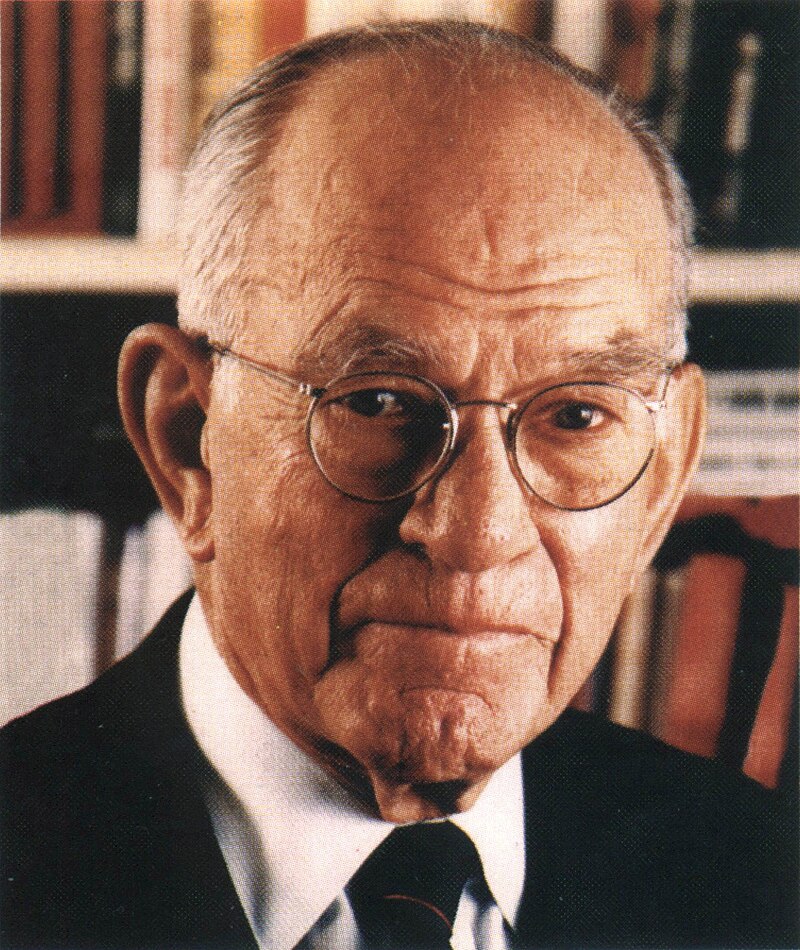"On the road..." is a series of posts about our Discovery
of Britain's highways and byways. Whether it be some family fun, a
surprising connection or just a beautiful spot we want to share our love for
this country with you.
Today we visit Oxford to discover more about Rhodes Scholars
 |
| Cecil Rhodes |
Cecil
John Rhodes (1853-1902) was English born, but made his wealth and life in
South Africa. He attended Oriel College
and loved the University. He had a very
Victorian world view of the British Empire and said "I contend that we are
the finest race in the world and that the more of the world we inhabit the
better it is for the human race.” He
also said “Remember that you are an Englishman, and have consequently won first
prize in the lottery of life.”
Rhodesia was named after him (1895),
but in Oxford his best legacy is the Rhodes scholarship which has funded over
7,000 students since 1902.
At the end of South Parks Road in Oxford is the Rhodes House.
In his will Cecil Rhodes created a scholarship programme
(1902) which has now assisted over 7,000 international students to come to
Oxford. He felt the university would
have a civilising effect and would contribute to world peace. He said, “Wherever you turn your eye –
except in science – an Oxford man is at the top of the tree.”
The list of recipients and their accomplishments is
impressive and carry on Rhodes desire to “render war impossible.”
Above the front door is a carved ship with the British lion
and the American eagle on the sails.
This is symbolic of Rhodes initial plan for 60 English speaking
scholarships from the British Colonies plus another two scholarships for each
American state. There were a further 15 scholarships for Germany.
The latter might seem an odd non-English connection, but at the time
Rhodes had been impressed not only by Germany's might but also that their
emperor had made English a compulsory language in German schools. How his
heart would have sank to see what happened during the world wars. German Rhodes scholars were stopped twice
during those two conflicts. In 1977
women were allowed to apply for the first time and in 1993 countries from the
European Community could also apply.
During their stay Rhodes students are assigned to a College
but are also entitled to the use of Rhodes House (1928) which includes
facilities such as a Library, study area, and gardens. It was here that Albert Einstein gave his
noted lectures (1931), and where Tony Blair’s band Ugly Rumours played
(1970s). Somehow those two events don’t
seem like they should be sharing the same sentence.
A number of countries have reciprocated in kind by
establishing similar scholarships for British students to come to their
countries.
 |
| James Fulbright |
Rhodes' influence has had an interesting side effect. One recipient was James
William Fulbright (1905-1995) who arrived in Oxford as a Rhodes Scholar – a
privilege that he never forgot and emulated.
He was the brainchild behind The Fulbright Program which provides around 8,000 grants annually for students to study in other countries – specifically
for United States students to study abroad, and for other countries, in return,
to study in America. Fulbright explained
his hopes:
“The Fulbright Program aims to bring a little
more knowledge, a little more reason, and a little more compassion into world
affairs and thereby increase the chance that nations will learn at last to live
in peace and friendship.”
This
is an excerpt from two tours:
Oxford’s Noble and Great Ones - Part
1 and
Oxford’s Noble and Great Ones - Part 2




No comments:
Post a Comment